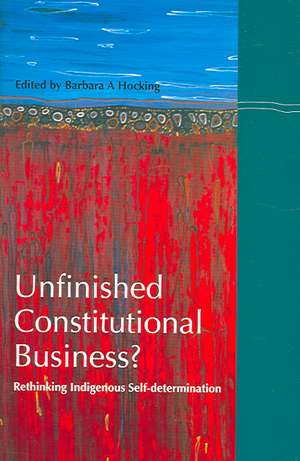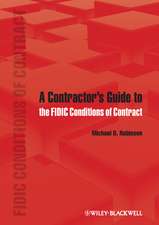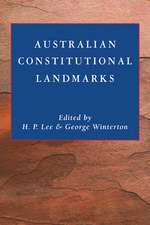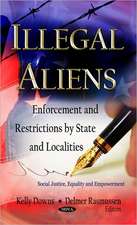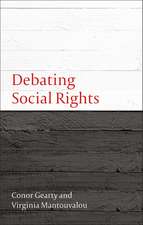Unfinished Constitutional Business?: Rethinking Indigenous Self-Determination
Editat de Barbara Ann Hockingen Limba Engleză Paperback – sep 2005
Preț: 169.37 lei
Preț vechi: 195.18 lei
-13% Nou
Puncte Express: 254
Preț estimativ în valută:
32.41€ • 34.19$ • 27.09£
32.41€ • 34.19$ • 27.09£
Carte disponibilă
Livrare economică 10-24 decembrie
Preluare comenzi: 021 569.72.76
Specificații
ISBN-13: 9780855754662
ISBN-10: 0855754664
Pagini: 293
Ilustrații: illustrations
Dimensiuni: 230 x 155 x 23 mm
Greutate: 0.57 kg
Editura: Aboriginal Studies Press
Colecția Aboriginal Studies Press (AUS)
ISBN-10: 0855754664
Pagini: 293
Ilustrații: illustrations
Dimensiuni: 230 x 155 x 23 mm
Greutate: 0.57 kg
Editura: Aboriginal Studies Press
Colecția Aboriginal Studies Press (AUS)
Cuprins
Introduction: Can Indigenous Peoples' Experiences of Colonisation Reshape our Constitutional Language?; Indigenous Self-determination in the Commonwealth of Nations; Self-determination or 'Deep Colonising': Land Claims, Colonial Authority and Indigenous Representation; Consensus and Sovereignty: Rethinking Policing in the Light of Indigenous Self-determination; Patriarchal Whiteness, Self-determination and Indigenous Women: The Invisibility of Structural Privilege and the Visibility of Oppression; Trust, Truth and Fatuity; Why Norfolk Island But Not Aborigines?; Maori Legal Forum: Representation Issues and the Maori Land Court; Indigenous Political Representation: Identified Parliamentary Seats as a Form of Indigenous Self-determination; Indigenous State Relations in Aotearoa/New Zealand: A Contractual Approach to Self-determination; Kanaka Maoli: Right of Self-determination; The Search for a More Appropriate Form of Government in Solomon Islands; Indigenous Self-determination: Is Canada as Good as it Gets?; Indigeneity, Self-determination and Sovereignty; Indigenous Self-determination: Dispute Management; Sovereignty as a Trojan Horse: How the Convention on Biological Diversity Morphs Biopiracy into Biofraud; Commenced Constitutional Business? Reflections on the Contribution of the Saami Parliaments to Indigenous Self-determination; Conclusion. 'A Change of Sovereignty': During the Age of Empire; Index.
